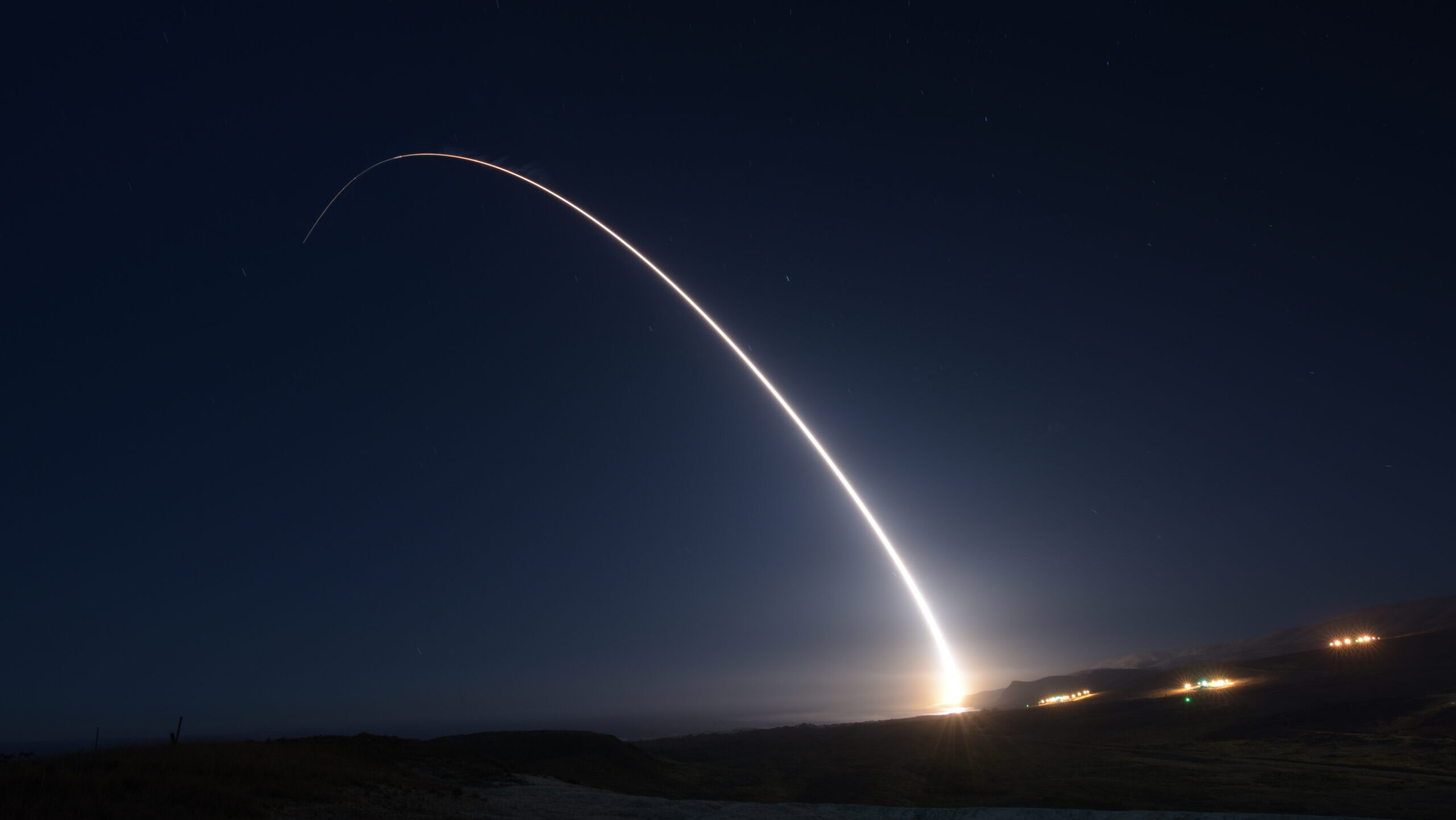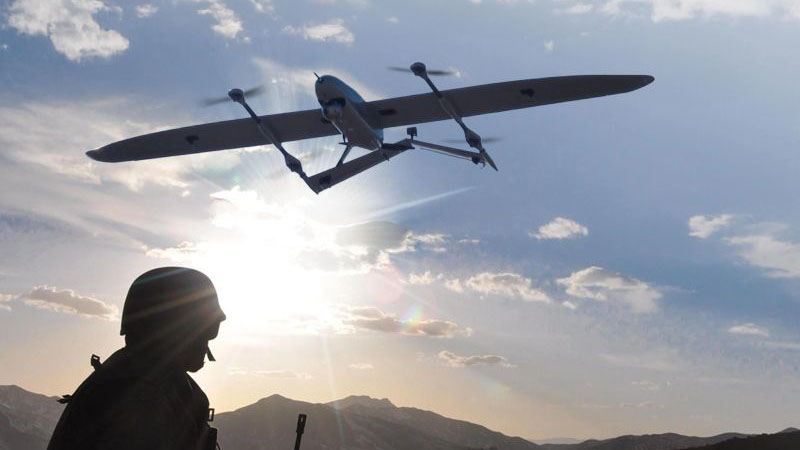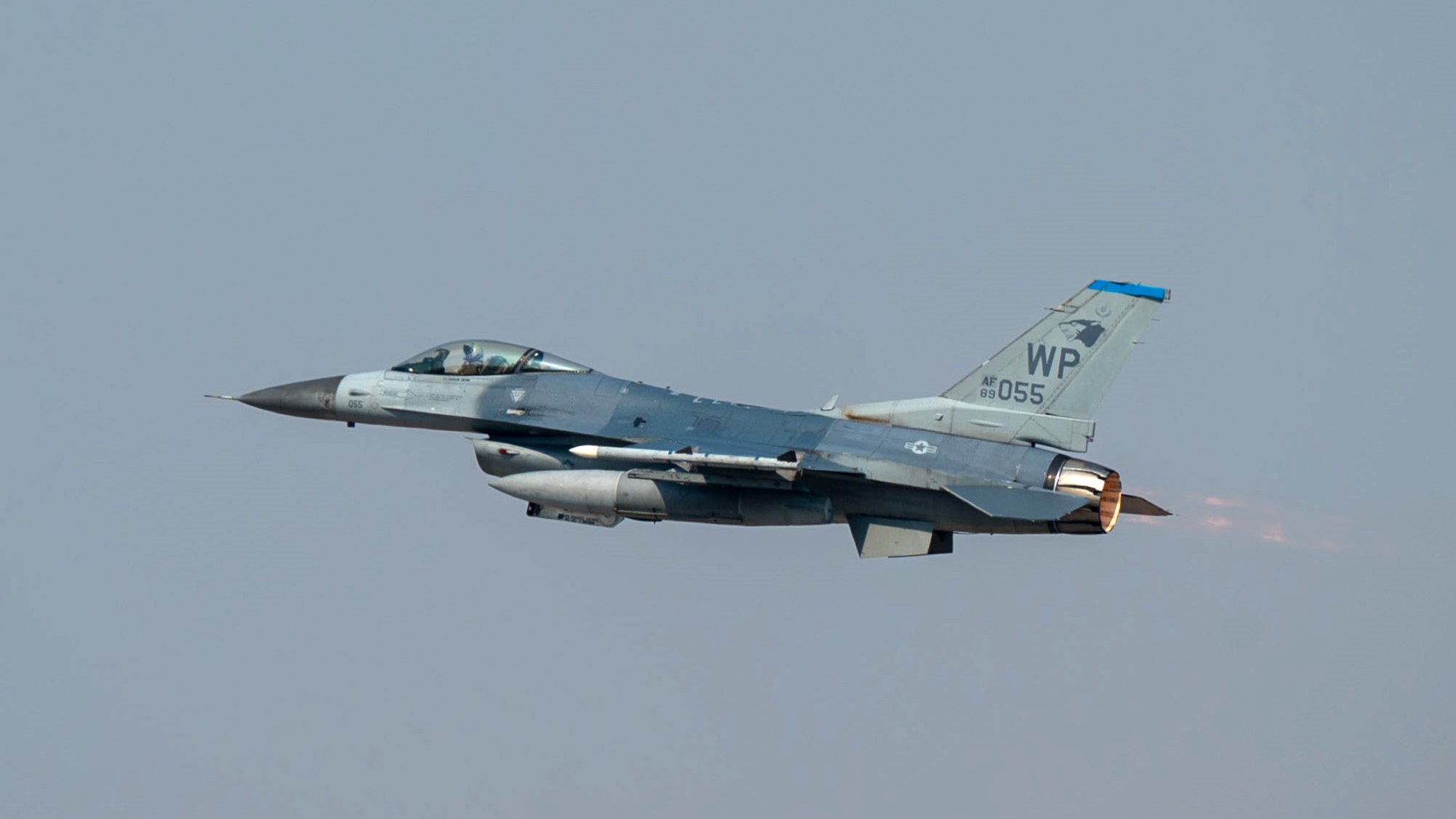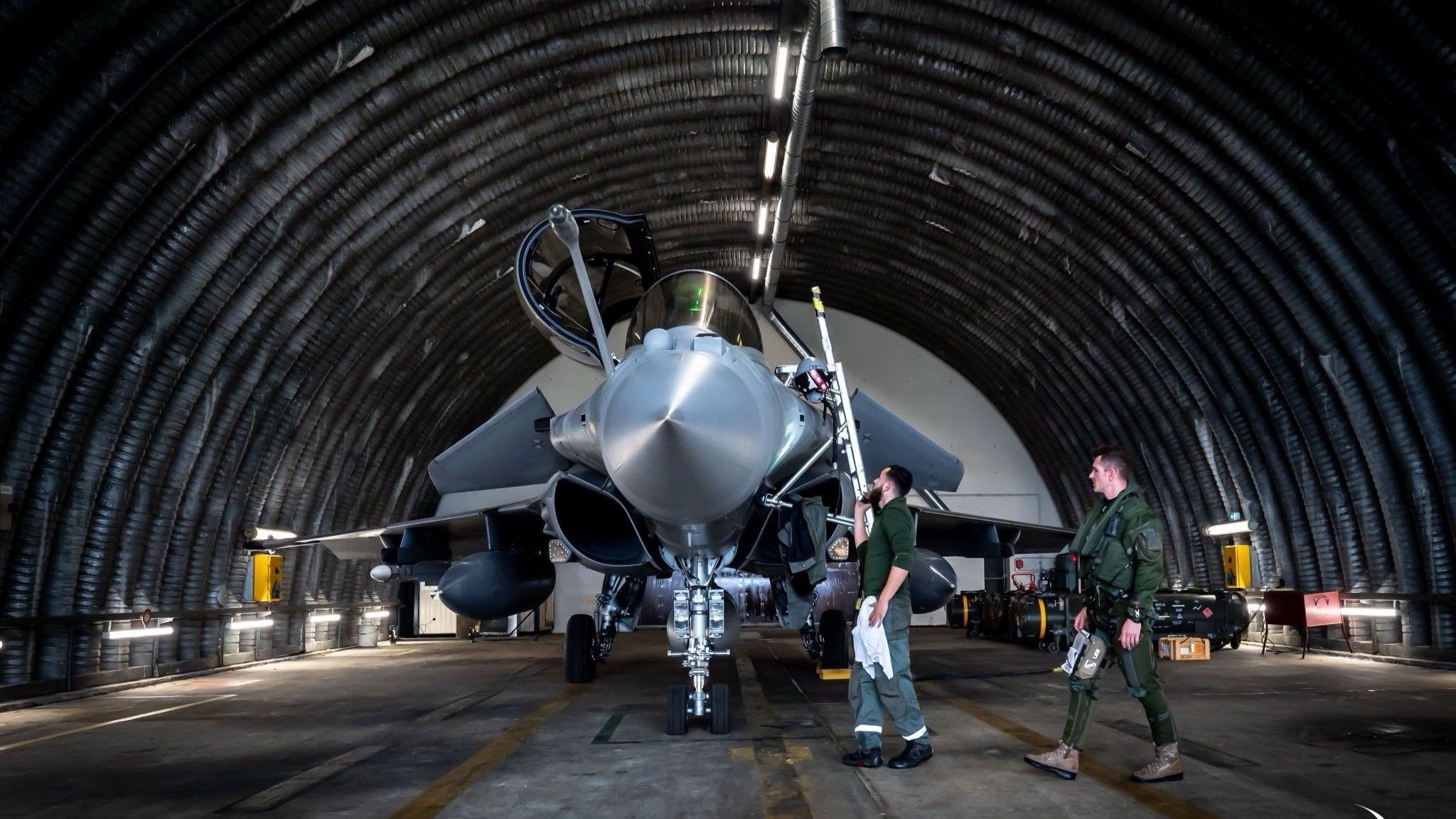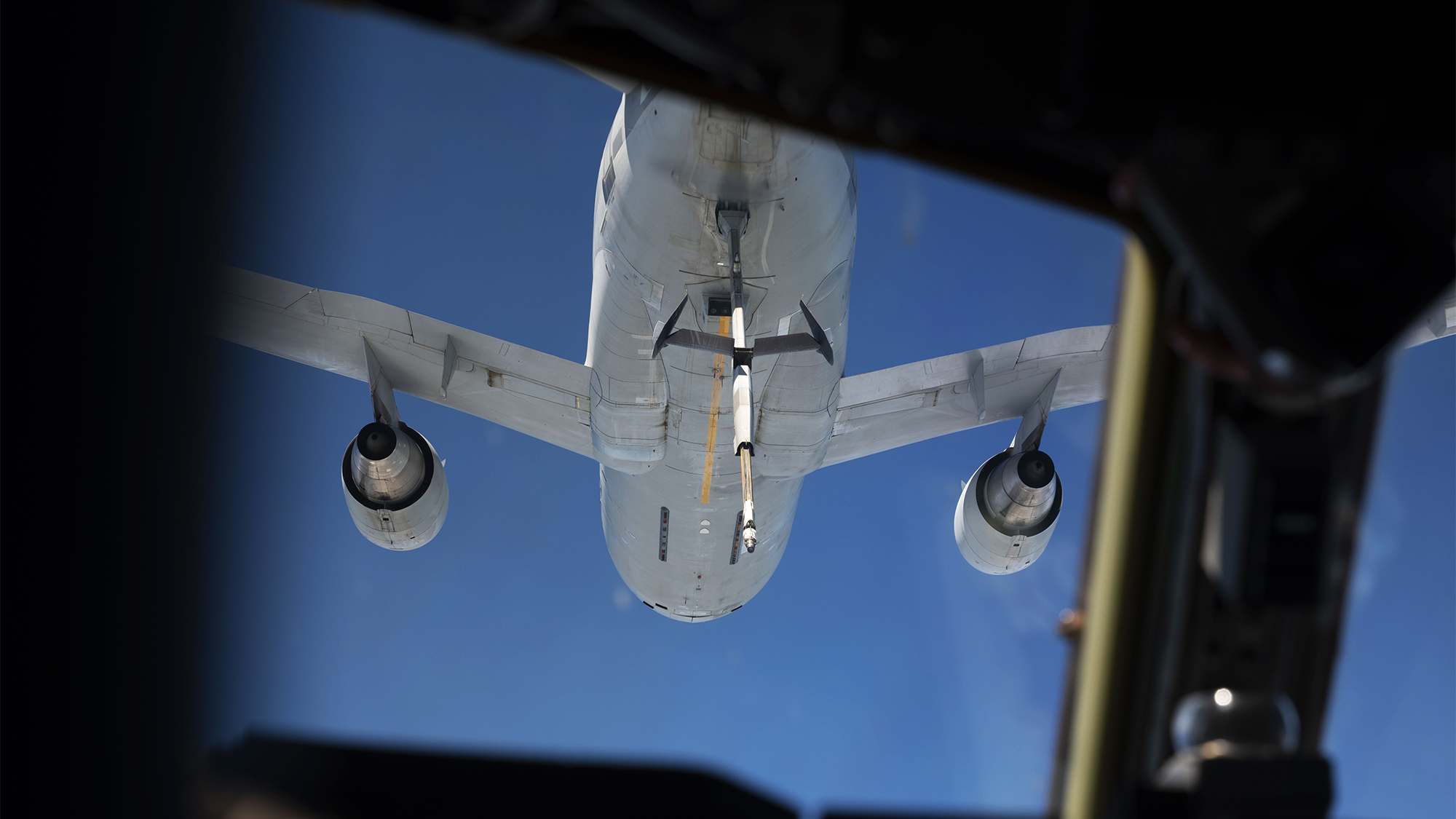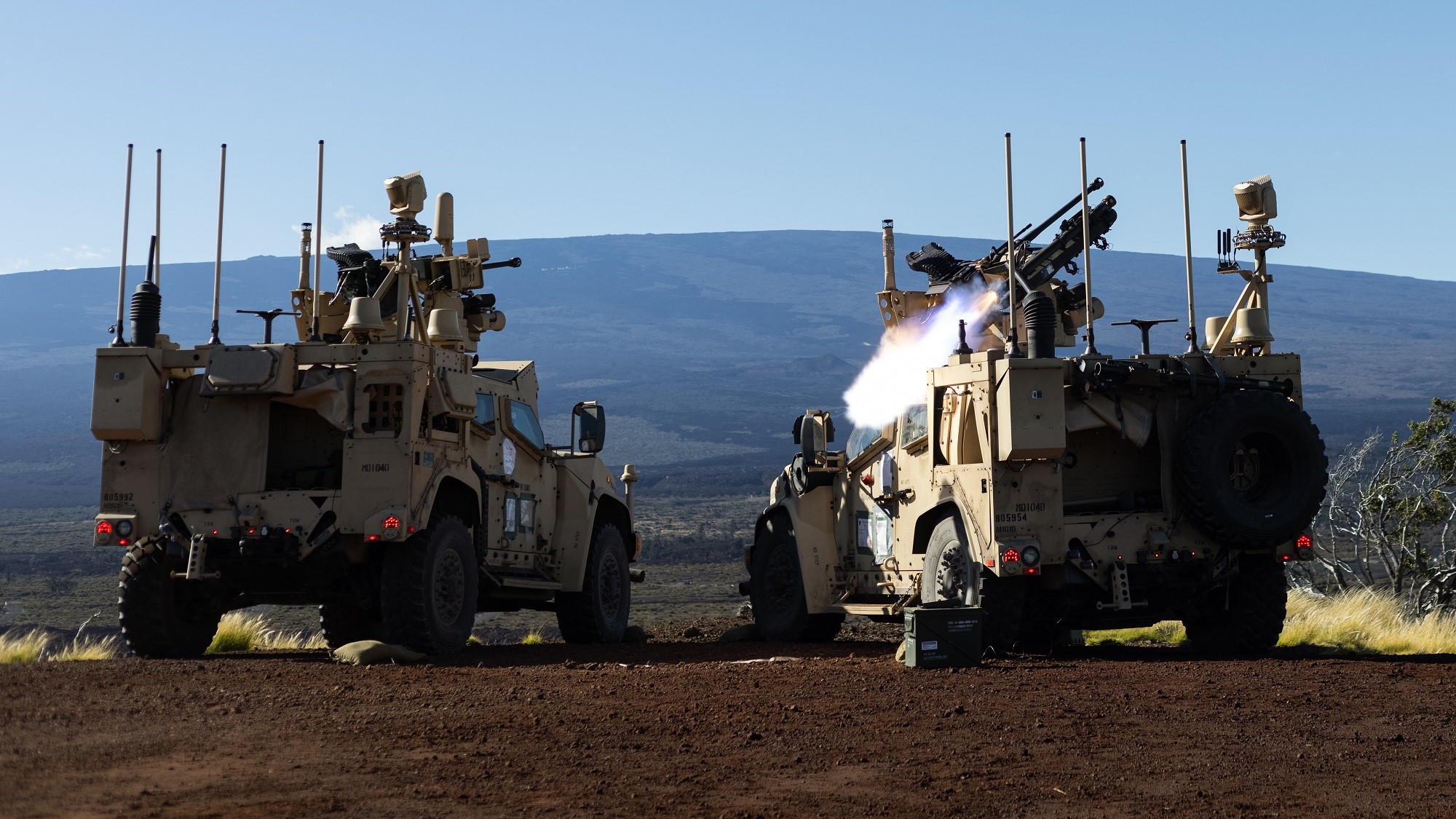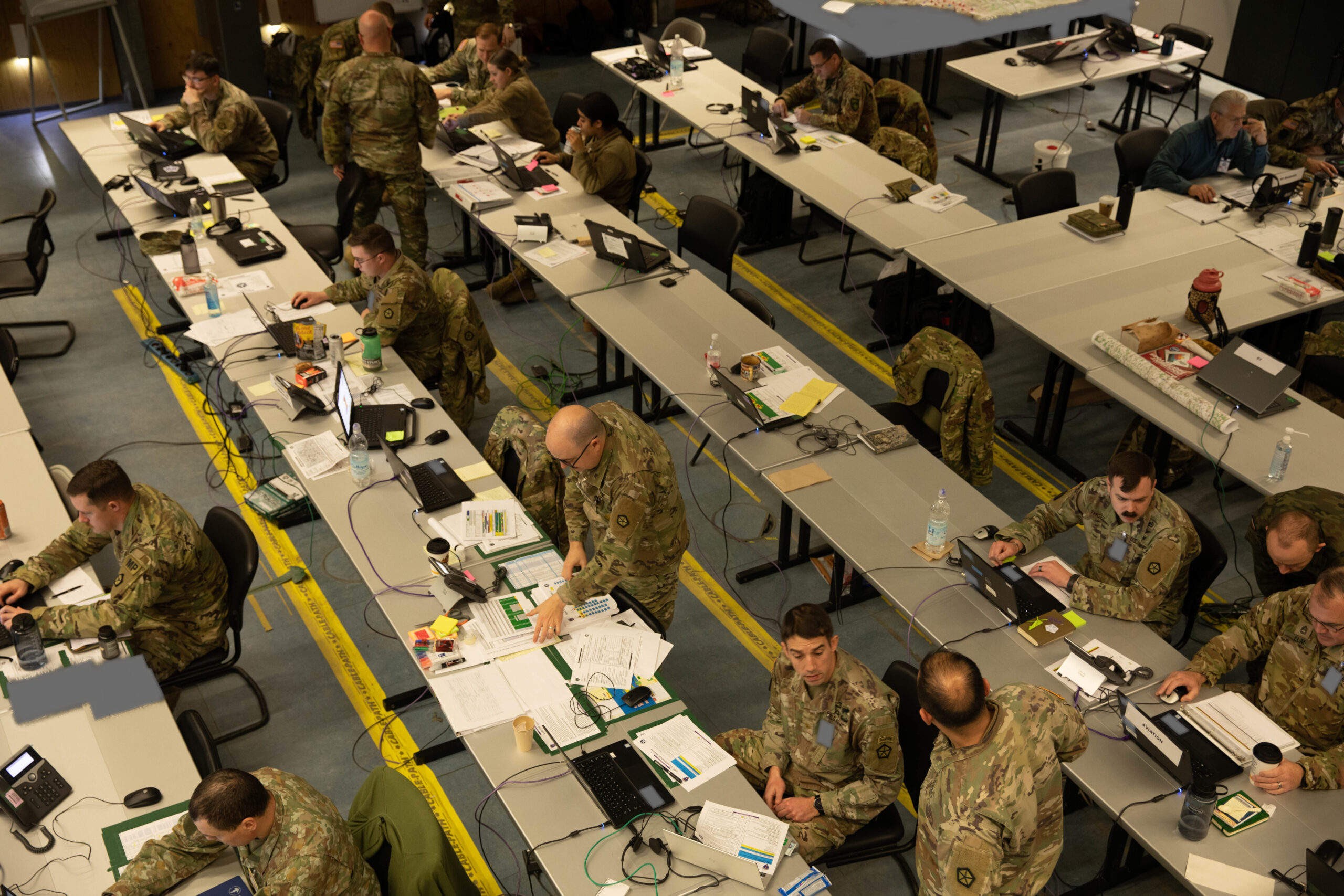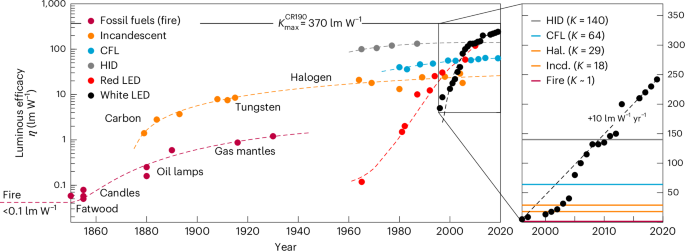$150B defense boost in reconciliation bill to ‘immediately’ go towards Golden Dome, shipbuilding
“We intend to get this money out the door very quickly, working with the administration,” said one senior congressional official.


U.S. Army Spc. Austin Fry, right, an infantryman with Bravo Company, 1st Battalion, 152nd Infantry Regiment, and Spc. Elijah Cliver, an infantryman with Delta Company, 1st Battalion, 152nd Infantry Regiment, Indiana National Guard, provide security near the U.S. Capitol in Washington, Feb. 23, 2021. (U.S. Army National Guard photo by Sgt. 1st Class R.J. Lannom Jr.)
WASHINGTON — The heads of the Senate and House armed services committees have agreed on a $150 billion boost for defense funding in the reconciliation bill, which will be spread across 12 focus areas including shipbuilding, munitions, and the president’s Golden Dome missile shield.
The text of the bill — which will later be incorporated with other legislation meant to advance the priorities of President Donald Trump through a process known as “budget reconciliation” — is expected to be released later today, said three senior congressional officials who previewed the bill in a call with reporters.
Senate Armed Services Committee chairman Roger Wicker, R-Miss., and House Armed Services Committee chairman Mike Rogers, R-Ala., “view this as a generational investment in the military, particularly in some areas that we need stability of funding,” one official said. “We intend to get this money out the door very quickly, working with the administration. This is not going to look like the inflation Reduction Act, where we’re going to argue about what we’re spending it on for years and years.”
Upon final passage, the additional funding will provide an “immediate boost to deterrence and immediate improvement in President Trump’s negotiating position” with China, Russia, Iran and North Korea, the official said.
The bill will include spending spread among 12 focus areas:
- Servicemember quality of life: About $9 billion will go toward barracks construction, health care and assistance to military families.
- Shipbuilding: This will include the purchase of warships and additional funds for the maritime industrial base, including the domestic production of key components and workforce development efforts. It also includes a “historic” investment in unmanned ships.
- Golden Dome: Congress will make “significant investments” in interceptors, space assets and counter-drone technology that will contribute to Trump’s goal of establishing a missile shield for the US homeland.
- Munitions: These funds will focus on building up the stockpiles of munitions most needed in a fight against China, and also includes investments in the solid rocket motor supply chain and measures needed to implement the White House executive order on critical minerals.
- Nuclear deterrence: This will include spending meant to speed up the modernization of the nuclear triad “as well as new capabilities,” one official said. Funds will also go towards rebuilding National Nuclear Security Administration infrastructure.
- Scaling innovation: These funds are meant to push funds toward defense technology startups who have demonstrated they are ready to start building their products at scale.
- Readiness: Congress will put money toward depot maintenance for Air Force and Navy aircraft and ships, as well as address certain capability gaps for the Army, Marine Corps, National Guard and special operations community.
- Air Superiority: This will include additional funding for the Air Force and Navy’s sixth-generation fighter programs, existing fighter force structure, and will prevent some planned aircraft retirements.
- Deterrence in the Pacific: This spending is meant to deter Chinese action against Taiwan and help pay for unfunded priorities for US Indo-Pacific Command.
- Border security: This will help pay bills incurred as the Defense Department augments the border security mission
- Pentagon audit: Congress will make a “significant one-time investment” meant to speed up the timeline for the Defense Department to pass an audit.
- Military intelligence and classified programs
The officials did not specify whether which specific weapons programs would be the beneficiaries of funding or — aside from the additional spending for personnel needs — how much will be spent in each category.
Wait, what’s budget reconciliation, again?
Budget reconciliation is a process that allows a party with a slight majority in both chambers to push through legislation without the threat of filibuster. Trump and congressional Republicans hope to use reconciliation to push through White House priorities on defense, border security and sweeping federal spending cuts without having to make concessions to Democrats.
The first step in the process occurred earlier this month, when the House and Senate passed a budget resolution, which provides a basic framework for the reconciliation bill.
HASC will mark up the bill during a Tuesday committee hearing where Democrats will be allowed to submit amendments, a second official said. After HASC reports out the bill, it will be sent to the House Budget Committee, who will compile it with the bills from 10 other committees who will contribute to what will become the budget reconciliation bill. House Republicans hope to pass the bill in May and then send it to the Senate.
While Senate committees are not obligated to hold a mark up and may simply send their draft text to the Senate Budget Committee, the current plan for SASC is to hold a markup, although no final decision or date has been set, a third staffer said.


































![Five-Star Basketball Prospect Severely Injured In Fiery Tesla Cybertruck Crash [Update]](https://www.jalopnik.com/img/gallery/five-star-basketball-prospect-severely-injured-in-fiery-tesla-cybertruck-crash/l-intro-1745597808.jpg?#)
























































